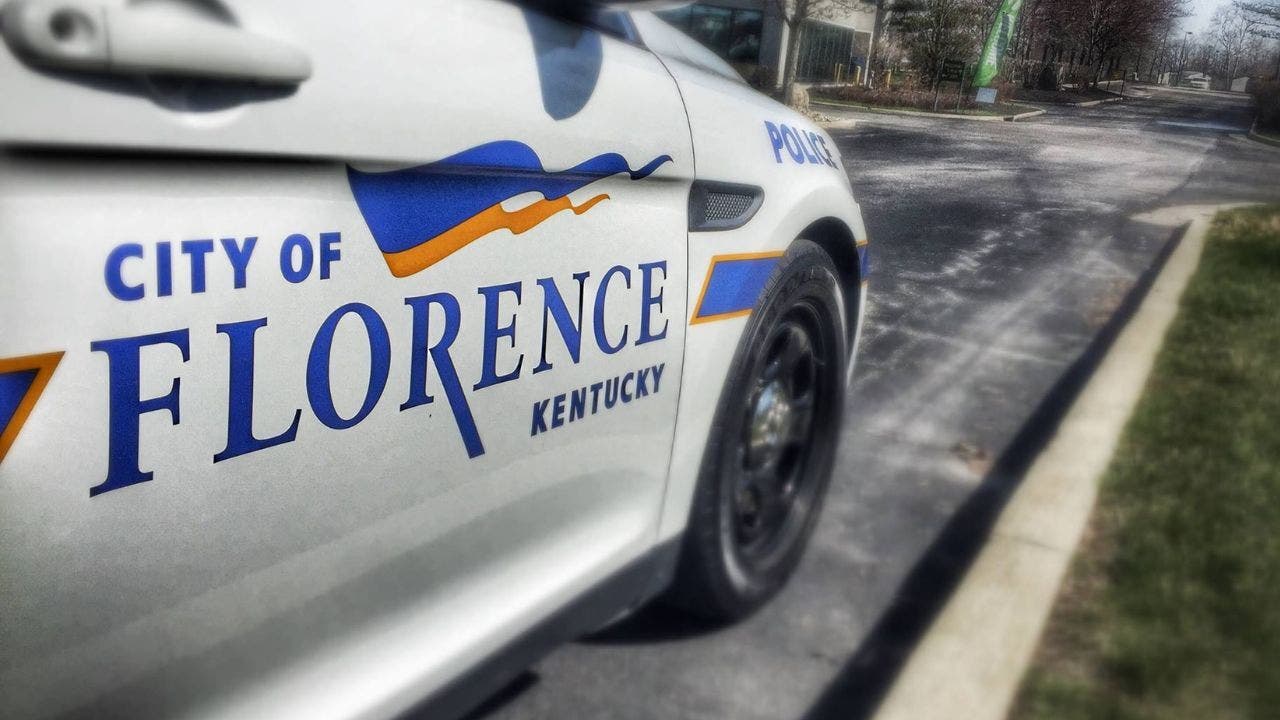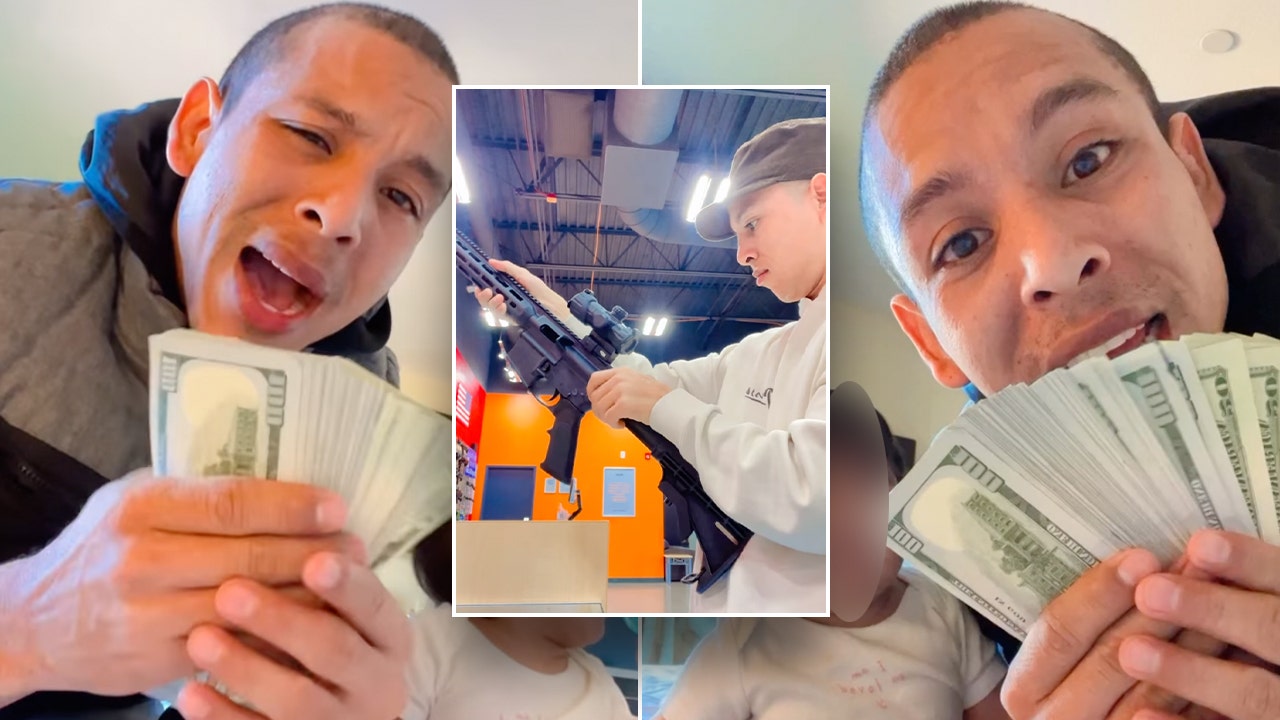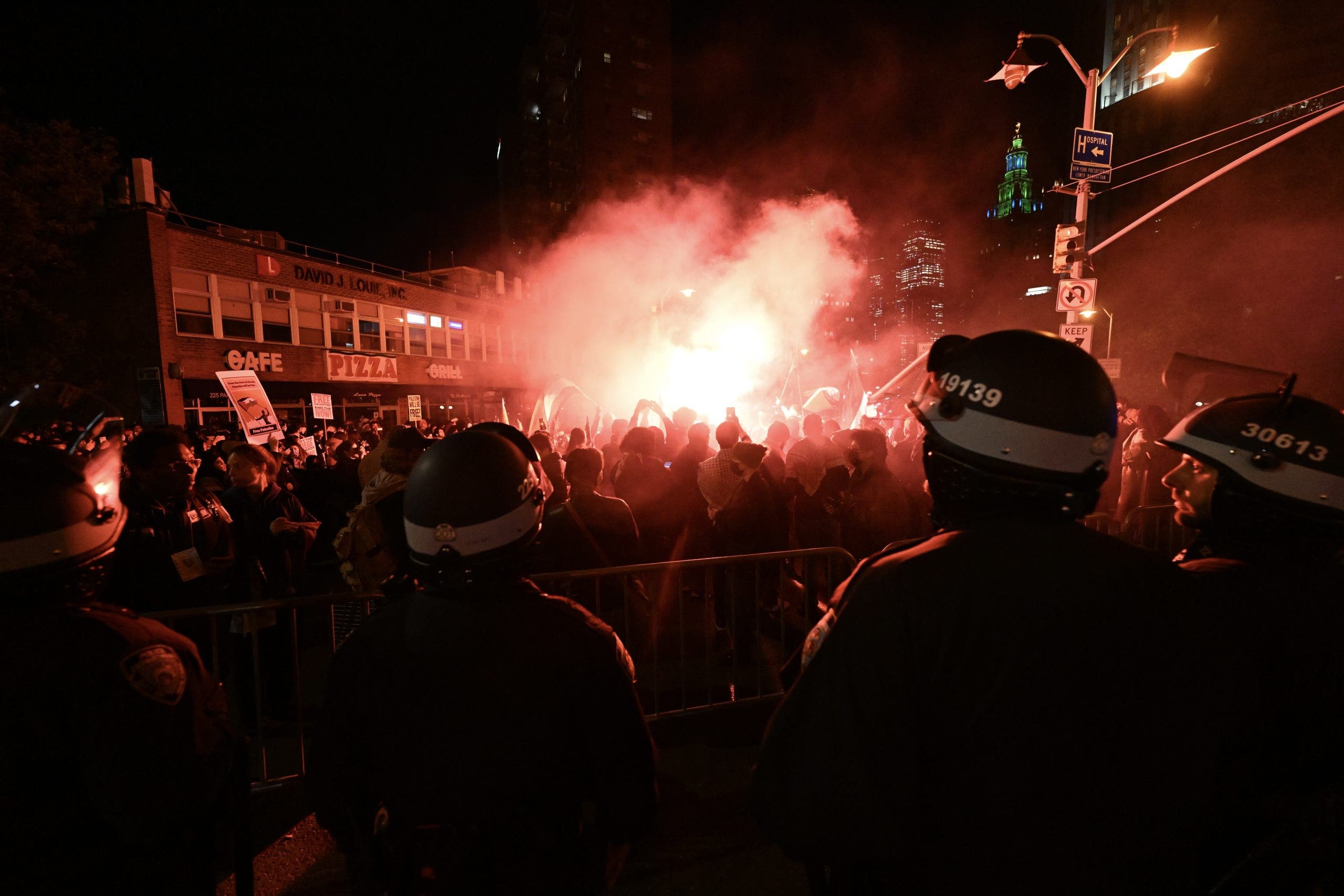I started as executive editor of The Enquirer and Radar Online in mid-May. What I soon learned is that Howard, even if he wanted to, wouldn’t be changing the operation; Pecker really ran the place. On Monday, Wednesday and Friday evenings, there were “cover meetings,” when Howard and the editors of The Enquirer’s sister titles would go before Pecker and several of his top lieutenants to show a few options and analyze sales figures. If one title had a week-to-week decline, Pecker became apoplectic. I would walk through the back of the newsroom near Pecker’s office and hear him screaming through the walls. Sometimes Pecker would suggest a preferred cover line, forcing us to twist a story to fit the language. In that paranoid environment, all anyone cared about was not incurring Pecker’s wrath and being fired. (Pecker did not respond to requests for comment.)
A frustrating first year spent in a windowless office was suddenly interrupted on the afternoon of March 29, 2015, when a source told me about a woman named Ambra Battilana Gutierrez who went to the New York Police Department after being groped by Harvey Weinstein in TriBeCa. My pulse was racing — finally a worthwhile scoop. There had been rumors about Weinstein and women for years. Affairs, the “casting couch” and worse. I called Howard and was struck by his response: He seemed less interested in the story than in the identity of my source. (In response to questions from The Times, Howard said he was simply vetting the story’s sourcing, a routine part of his job duties.)
I could not figure out his attitude. But before we got any further, The Daily News broke the story, with the help of police sources. But Gutierrez still hadn’t spoken publicly, and Howard went into overdrive trying to buy her side of the story. The Enquirer, like many tabloids, sometimes paid sources for exclusive stories; this is not an acceptable practice in most newsrooms, or in the ones I’ve worked in since. Still, it seemed odd that we were trying to buy a story that we could have had free. “Cash really no object,” Howard messaged me, “so I can sling your source 5k to get it done in addition to her 20k.” But Gutierrez didn’t want $20,000. She wanted her story heard. And it continued to roll out in other outlets, through leaks from law enforcement and “movie industry” sources — who framed the matter in the media as a blackmail attempt.
Howard was in and out of my office asking for updates. “I think the stakes just increased,” he texted me, “and your source could earn some big bucks.” I texted the source saying that Gutierrez could ask for any amount of money and that the source could take a substantial cut. “She’s less concerned w money than the right moves,” the source responded. By the middle of the week, Howard told me to offer Gutierrez $150,000, with a $25,000 finder’s fee to my go-between — an extraordinary amount of money. Most stories we bought cost us about a few thousand dollars. (Howard says he was merely conveying offers at the direction of Pecker.) “She says no,” the source texted back, “don’t ask again.”
Unknown to me at the time, Weinstein had all but secured a guarantee that we would never report on his sexual transgressions. Earlier that year, the Weinstein Company signed a deal with A.M.I. to produce something called Radar TV. The plan was to take our celebrity coverage from Radar Online and use it to make a daily, live TV show in the mold of “Access Hollywood.” The deal entailed lots of lunches between Weinstein and Howard at Tribeca Grill but never resulted in an actual TV show. Still, the partnership did make Weinstein a “FOP” — Friend of Pecker — which entitled him to protection from negative coverage. He was also able to leverage his relationship with A.M.I. to use our vast news-gathering resources to collect dirt on the actresses who he thought might talk to the press.






